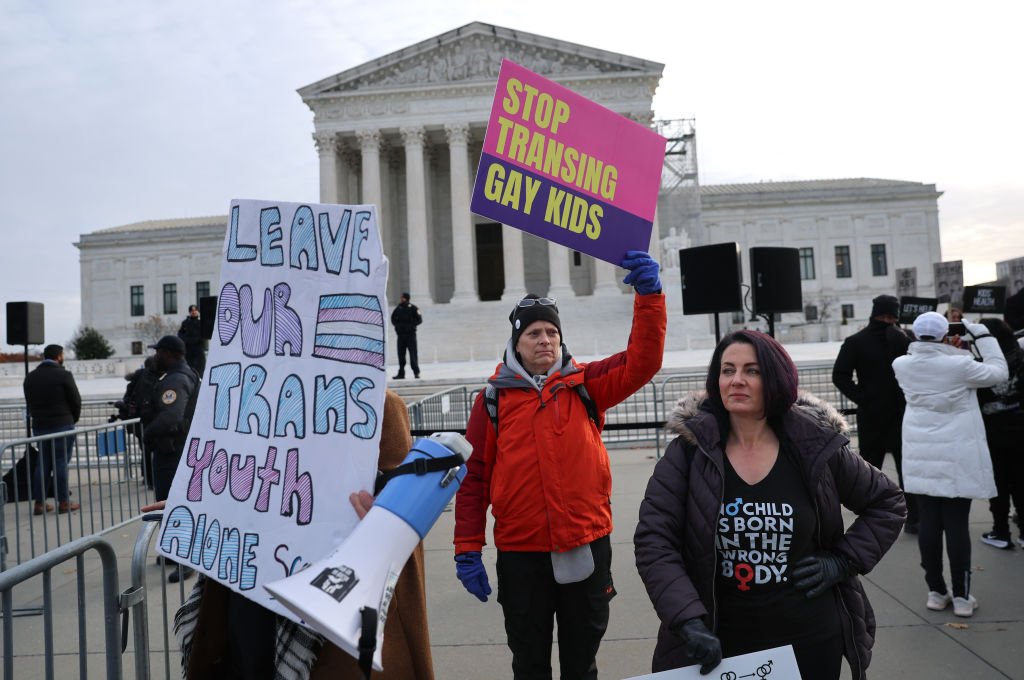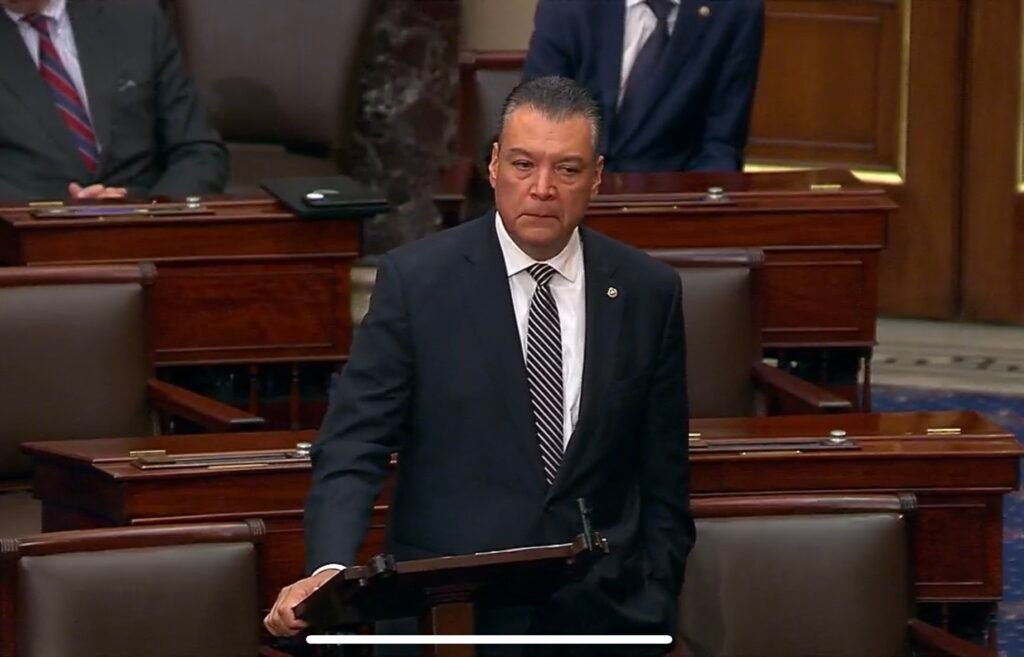phoenix – May is National Foster Care Awareness Month and it’s time CASA Arizona continues to raise awareness of the important role CASA volunteers provide to children and adolescents in Arizona’s foster care system.
In 1977, a Seattle judge created a volunteer position called a Court Appointed Special Advocate (CASA) to represent the best interests of children when they enter foster care. In 1987, the Arizona Supreme Court formally established his CASA program under its jurisdiction. These volunteers are vetted, highly trained, and passionate about making a difference.
Children are taken away and placed in foster care when they can no longer safely stay at home. Children may have experienced many forms of trauma before being placed in foster care, which can lead to anxiety. Children supported by CASA volunteers have a much better life and are half as likely to reenter foster care.
“Being a CASA volunteer gives me the opportunity to give them another chance, and along the way, I have also created meaningful relationships with others who are making a difference.”said the longtime CASA volunteer.
CASA volunteers advocate for the best interests of children and adolescents in foster care, act as trustworthy adults during transitions, and advocate for them within the courts, child welfare, and school systems. , build relationships with them that will last for years. .
CASA volunteers know all aspects of children and addiction cases and provide judges with the information they need to act in the child’s best interests. That information helps the judge decide what’s best for the child, but reunification is still the goal.
June is national unity month
Across Arizona, June is the time to recognize efforts to help families come together, overcome obstacles, provide safe homes, and reunite after children are sheltered outside their homes.
Most children who leave foster homes are reunited with their families, according to the Children’s Office of the US Department of Health and Human Services (HHS) Office of Children and Families (ACF).
Children can experience trauma when separated from their families. Maintaining relationships with relatives increases stability and helps children maintain a sense of identity. It is in the child’s best interest to reunite with their families as safely as possible. A reunited family is inspiring because it has the tools to overcome adversity and maintain a positive future.
CASA volunteers in Arizona are trained to work with professionals to identify and recommend services aimed at bringing families together while keeping the best interests of the child in mind.
Each of Arizona’s 15 county CASA programs recruits volunteers to meet the needs of children without CASA. In addition, CASA is committed to expanding the diversity and demographics of its volunteer base to better reflect and serve the children in its care.
CASA volunteers require no special prior training and come from all walks of life. She encourages anyone over the age of 21 who can pass a thorough background check and complete 30 hours of training to apply. Another way to get involved is through a program with similar requirements called the Foster Care Review Board (FCRB). A judge appoints a volunteer to her five-member committee, and once a month he meets online on weekdays to review cases of children in foster care. .
Learn more about becoming a CASA Volunteer here. AZCASAVolunteer.org. To learn more about becoming an FCRB volunteer, or to watch a video about volunteering, please visit: AZFCRB.org
Arizona CASA and Foster Care Review Boards are active in all 15 Arizona counties and work 24/7 to recruit and train volunteers to help children in Arizona’s foster care program. This program is administered by the Arizona Supreme Court. Follow CASA in Arizona on Facebook @CASAof Arizona or Instagram @CASA_of_Arizona.
















